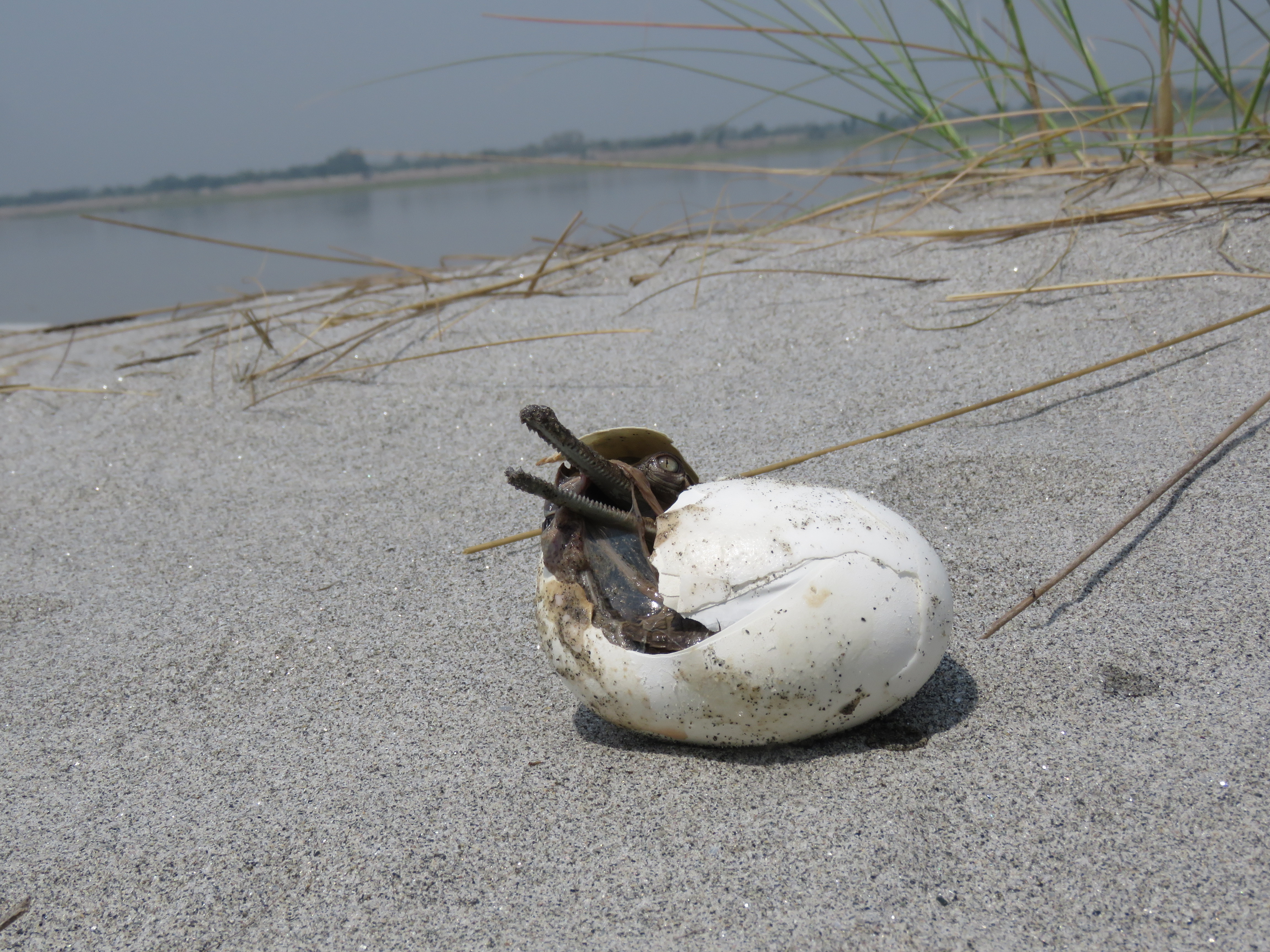 Wildlife Trust of India (WTI) is an impact-driven nature conservation organization with a focus on addressing the pressing needs of wildlife and their habitats and implementing long-term measures for population recovery of species as well.
Wildlife Trust of India (WTI) is an impact-driven nature conservation organization with a focus on addressing the pressing needs of wildlife and their habitats and implementing long-term measures for population recovery of species as well.
WTI has a team of about 150 professionals from diverse backgrounds – conservation biologists, sociologists, wildlife veterinarians, animal rehabilitators, managers, lawyers, and communication specialists, all converging their expertise to conserve wildlife in India. Projects cover forest ecosystems of global biodiversity hotspots such as the Himalaya and the Western Ghats on the one hand and neglected ecosystems such as wetlands and rivers as well on the other. The conservation goals are achieved under nine broad strategic areas by implementing site-specific actions benefitting ecosystems and populations.
Species Recovery is one of the strategic areas which targets the recovery of populations of threatened species. Conducting population surveys of lesser-known species and reinforcing population through conservation translocations to reduce direct and indirect threats to the species and its habitat are the approaches to achieve an increase in population and distribution range of the species, as the case may be to downgrade the Red List conservation status of the target species regionally or globally.
The taxa covered under Species Recovery till now are mammal (markhor Capra falconeri; tiger Panthera tigris; wild buffalo Bubalus arnee, eastern swamp deer Rucervus duvaucelii ranjitsinhi; wild buffalo Bubalus arnee) bird (sarus crane Antigone antigone), and reptile (Gharial Gavialis ganegticus). With experiences in a range of taxa, WTI intends to utilize the skills and resources for the conservation of endemic anuran diversity in India, especially in the Western Ghats and north-east India. These areas are known to harbour many endemic and threatened species of anurans. WTI would work towards conservation of the taxa in these regions under its Species Recovery strategy.
